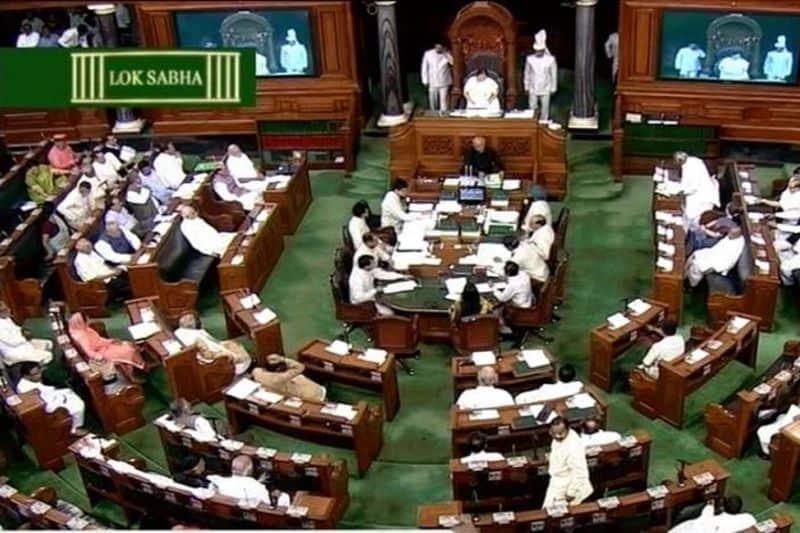New Delhi: The Lok Sabha on Wednesday passed a bill to amend the regulations on the compensation payable by the Central government for acquiring property.
Moving The Requisitioning and Acquisition of Immovable Property (Amendment) Bill, 2017, Urban Affairs Minister Hardeep Singh Puri clarified there was no intention to reopen cases where compensation has already been paid.
The Bill amends the Requisitioning and Acquisition of Immovable Property Act, 1952, which provides for the Central government to requisition immovable property or land for any public purpose. Such public purpose must be a purpose of the Central government such as defence, Central government offices and residences.
The statement of objects and reasons of the Bill states that there have been instances of persons interested in the requisitioned property challenging the notice of acquisition on the ground that the same has been published without affording personal hearing to them by the authorities.
It says that after prolonged litigation, if the interested persons succeed in getting a notice of acquisition quashed, they would be given the unintended benefit of compensation for their property as on the date of publication of fresh notice of acquisition.
“This may cause astronomical hike in the quantum of compensation because of the inevitable appreciation of the market value of the property between the original date of publication of notice of acquisition and the present date of publication of the same, pursuant to the orders of the courts,” it says.
The Bill proposes to amend section 7 of the 1952 Act to enable the Central government to re-issue the notice of acquisition to the owner or other such person interested in the property, for the purpose of giving opportunity of being heard.
The owner or the person interested in the property shall also be entitled to annual rate of interest, prevalent at any relevant time on the compensation payable, from the date of publication of the first notice till the final payment of compensation.
–IANS

